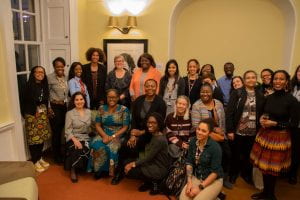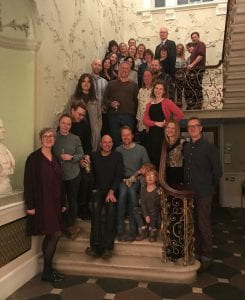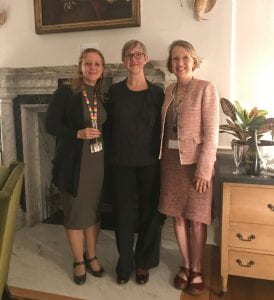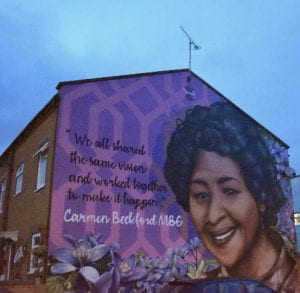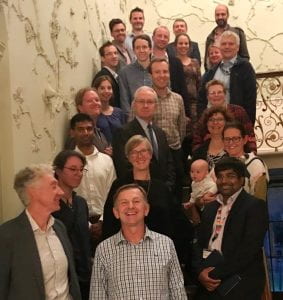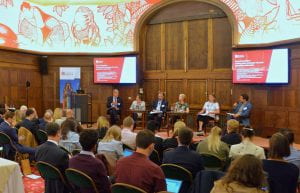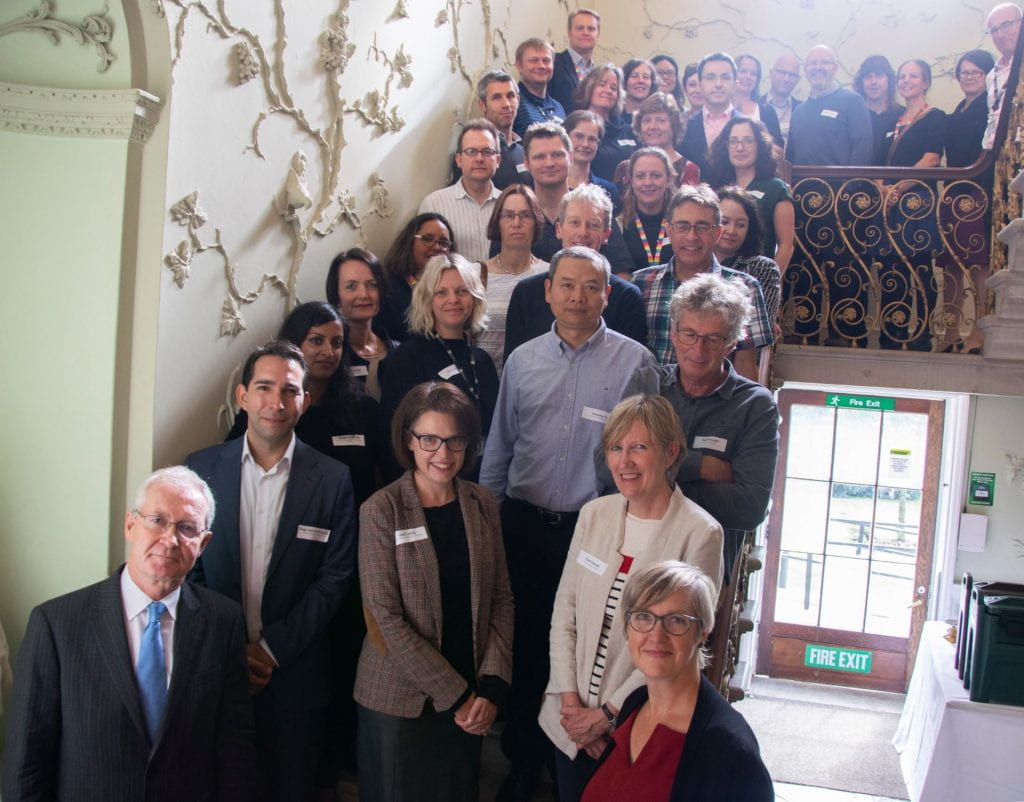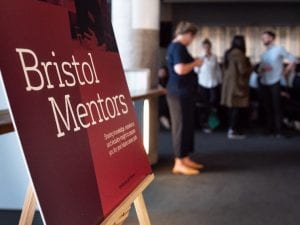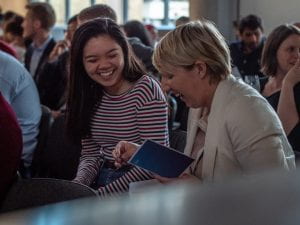Reading the national press, you might think that universities had just performed the last rites over centuries of in-person and on-campus teaching.
The argument being peddled by journalists whose experience of lectures was clearly more inspirational than mine, is somewhat simplistic and misleading. It suggests that a curriculum without live lectures equates to the end of all in-person teaching, as if practicals, laboratories, seminars, and tutorials do not count. Headline catching it may be; true it is not.
There are good arguments why universities are putting lectures online. Any university which has a vague interest in keeping the R rate down and being public health spirited would not wish to cram 400 students into a large airless lecture mimicking a static version of the Diamond Princess, but with younger passengers.
Kill the sacred lecture cow
But the naivety of the journalists’ critique is not about public health, it’s about what counts as higher education, and the totemic status of lectures. Anyone who has worked within an inch of higher education in the last 10 to 15 years will know that attendance at live lectures has dwindled dramatically since the installation of lecture capture which records the dulcet or droning tones of a lecture.
Students vote with their feet, and when there is no value added of engagement, interaction or inspiration, they prefer to flick open their laptops and watch the lecture at a speed and time that suits them, fast-forwarding when they are bored, and replaying when they need to rehearse the material to grasp a tricky concept.
Long before the dawn of lecture capture, Graham Gibbs wrote a swingeing critique of this most venerated of teaching genres, entitled “Twenty terrible reasons for lecturing”. His argument, in a nutshell, was that students learn very little from most of their lectures. This argument has been borne out by Astin’s research in the USA, which demonstrated that student involvement and “close contact” with lecturers and other students was the stuff of learning in higher education.
Until the virus struck, online education was largely the preserve of the Open University. No other university would have chosen to offer online education as the way to sustain some or all of its provision.
Here and there, various universities had made forays into the digital, without allowing it to affect the primacy of traditional teaching approaches. Most older universities persisted with the convention of sepia-toned lectures in the rarefied atmosphere of wood-panelled rooms; some, both old and new, stretched the convention into funky new buildings which hinted at digital futures.
In yesterday’s world, groups of students trudged up hills and crowded in corridors holding laptops in one hand, lattes in the other. They listened, took notes (or not), made halting attempts to participate, even venturing one or two questions in the lecture halls, while others, more confident, dominated conversations in seminars.
Many endured a long silence: listening, waiting, and watching. In applied subjects, students often made a more vibrant entry into disciplinary conversations, whether through building model bridges in civil engineering, or rehearsing a performance of Samuel Beckett’s Waiting for Godot. For most, conversations occurred in halls or houses of multiple occupancy, or through clubs and societies and at social gatherings.
Normal was the problem
This was higher education in the UK as we knew it before the new normal. We will all have some nostalgia for the way things were. But as many commentators have argued – “we cannot return to normal, because normal was the problem.”
Don’t get me wrong here – in person teaching is clearly a brilliant way of teaching, with all its nuance, spontaneity, sense-checking, embodiment and thrill of performance. Students in face to face contexts may enjoy an expansive experience of chatting on the way to class, in the library and laboratory, and in various hang outs, where so many deep conversations take place. This shapes who students are and who they become.
But I’m not sure universities had grasped the full potential of face to face education before the shutters came down on 23 March. Certainly, many lectures were patchily attended and caught in a strange time-warp.
Online education is showing me and my colleagues some fantastic things that we can do so much better and will, I hope, shape our practice as teachers in higher education forever. At the University of Bristol, we are running a series of digital design courses, and we have about 50 digital champions in schools working with the central Bristol Institute for Learning and Teaching.
Today I was in a session with nearly 200 academics, and they were reflecting on their “Aha!” moments about online education from the emergency online pivot. Among this sample, some green shoots are poking through the rough ground which point to the potential of the digital to do some distinctive things. The list is not exhaustive but online education seems to:
- personalise learning, with students working at their own pace and thoughtfully going back to material in their own time
- trigger a shift from content-driven curricula (the idea of ‘covering content’) to carefully structured and selective bite-sized lectures with engaging tasks which help students get to grips with concepts
- draw out different voices and invite questions from students who do not routinely contribute to discussion in face to face sessions – when done well, it seems to be more inclusive
- prompt student engagement, agency and autonomy
- take the focus off assessment and enable more learning through carefully designed tasks
- promote participation, writing, and an enduring kind of community.
This all may sound a bit utopian in our decidedly dystopian world, but I want to make a case for shifting the narrative about online education from a deficit one.
It’s different from in-person education, and it struggles to replicate practice-based activities, and the human interactions you need to develop the skills to become a dentist, for example. But we need to find ways to ensure that we see some advantages to this different (albeit unchosen) mode of education and garner the benefits of its particular world of possibilities. From my interactions with colleagues, the most striking possibility is that the conversation has crept from the corridors and into the classroom, and that may be a very rich thing indeed.
As we set our faces to an uncertain and hybrid educational future in September, the community of academics at the University of Bristol is proud of its efforts at online education, and excited at the fresh educational winds blowing in our direction.
It won’t be easy; it won’t be cheap; but our online education won’t be a paltry imitation of old and tired genres like the lecture. And we are saving the best kinds of interaction which enable students to learn the most, for on campus teaching in small groups and in laboratories, on a scale that Covid-19 will allow, and in ways that our scientific invention might enable.

